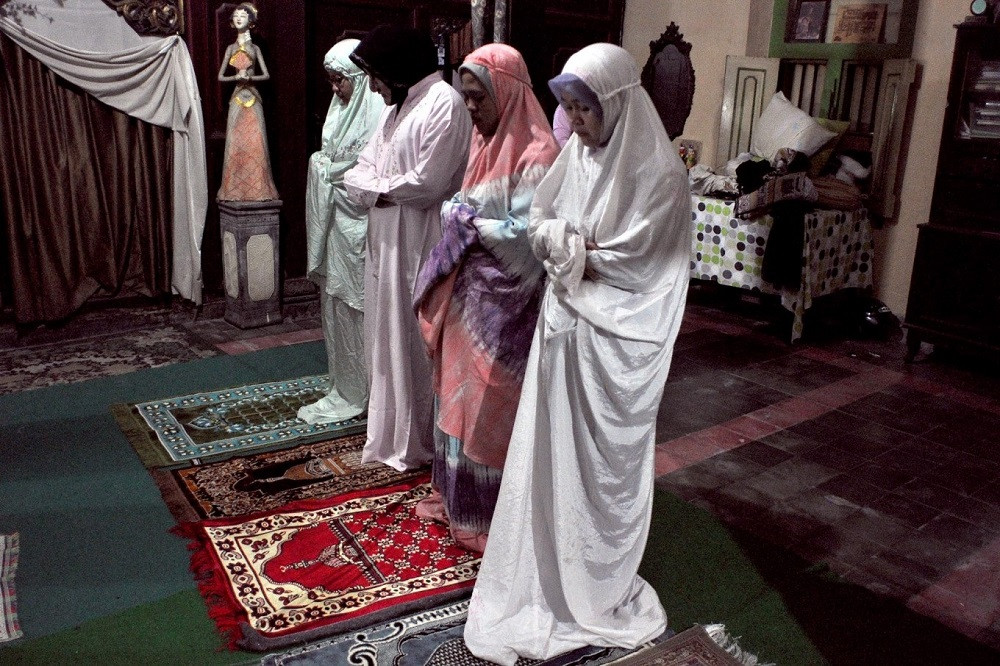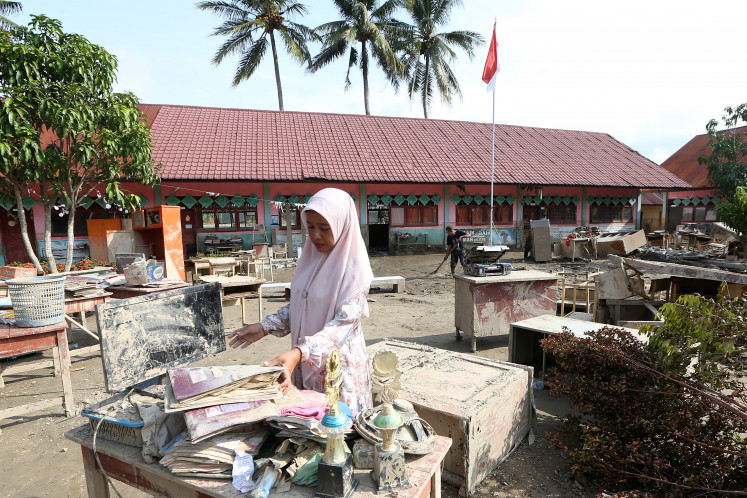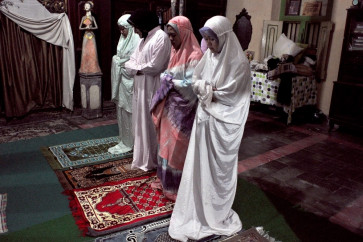Popular Reads
Top Results
Can't find what you're looking for?
View all search resultsPopular Reads
Top Results
Can't find what you're looking for?
View all search resultsLoving God by loving transgender people
Muslims often believe that Allah makes no mistakes, so that means that the creation of LGBT people including transgender, are also perfect.
Change text size
Gift Premium Articles
to Anyone
S
ometimes I am very ashamed to be a Muslim when I see Islam used as a “reason” for intolerance and for spreading hatred, especially toward minorities, like lesbian, gay, bisexual and transgender (LGBT) people for example.
But recently, I found two books that made me really proud to be Muslim: Santri Waria (Transgender Students of Islam) and Memahami Keragaman. Gender dan Seksualitas: Sebuah Tafsir Kontekstual Islam (Understanding Diversity. Gender and Sexuality: a Contextual Interpretation of Islam). Both express not just love, but total acceptance, respect and regard for transgender people who both authors say are perfect creations of God.
Santri Waria (Diva Press, 2020) by Masthuriyah Sa’dan, is about the life of the students of the AlFatah Islamic school in Kotagede, Yogyakarta. Santri is what the students of a pesantren (Islamic boarding school) are called, although in the case of the Al-Fatah, the santri do not actually live there because they are aged 45-69 and they are waria (transgender).
What led Masthuriyah to write this book? Hailing from the island of Madura, an island off the northeastern coast of Java, she studied philosophy at the State Islamic School in Yogyakarta (UIN Kalijaga). In 2013 she became interested in gender and feminism and in 2015, she joined Solidaritas Perempuan Kinasih, a grassroots women’s NGO for justice and equality.
Since 2016, she has been teaching at the Al-Fatah pesantren. The realization that transgender people are also spiritual beings is what motivated her to get involved and what led her to write the book, which is based on her experiences at Al-Fatah.
What I found the most moving in her book were the stories of the waria about their life struggles and their yearning to express themselves as spiritual beings. Also touching was Masthuryah’s account of how being involved with waria enriched her life and how she actually learned from them and was inspired by them. She is filled with admiration seeing how waria overcome the obstacles that society puts in their way, and their sincere attempts to be good people and good Muslims.
Besides being very enlightening and informative, the book opens us to the vernacular of the waria community, e.g.: crot (one time ejaculation), esong (oral sex), nempong (sodomy), meong (having sex or a one night stand), hemong (gays. Lesbian is lesbong, but it’s not in the list), etc. Not exactly words you would expect to see in a book written by an Islamic scholar!


















